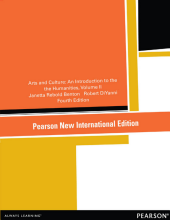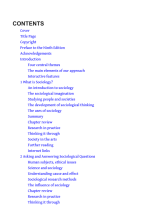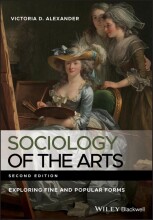Romanticism and Realism - Romanticism - Literature
6 important questions on Romanticism and Realism - Romanticism - Literature
Which literary genre rises into fashion in the 19th century that culminates in the famous story by sir Arthur Conan Doyle?
Who was William Blake?
- William Blake (1757-1827) was an English Romantic poet.
- At the core of his work are two contrary archetypal states of the human soul: innocence and experience.
- They are psychological states that carry political implications.
- Famous for "The Chimney Sweeper" in Songs of Innocence that naively declares "Those that do their duty need not fear harm".
Who was John Keats?
- John Keats (1795-1821) was an English Romantic Poet.
- He is famous for what he called "Negative Capabiltiy", using imagery designating one sense in place of imagery suggesting another (touch of a scent).
- Higher grades + faster learning
- Never study anything twice
- 100% sure, 100% understanding
Who was Lord Byron?
- George Gordon, Lord Byron (1788-1824) was an English Romantic poet, who embodied the Romantic self.
- He was known as a free spirit and notorious for his unconventional behaviour.
- His most famous poem, Don Juan (1819-24), portrayed a seducer already well known with most audiences.
- Most of his followers believe this poem to be semiautobiographical.
What do you know about Wuthering Heights?
- Written in 1847 by Emily Brontë (1818-1848).
- Has the structure in the Classical manner of Jane Austen, but is fully Romantic in breaking new grounds in the violence of its scenes and extravagance of its style.
- Like in Schubert's music, drama explodes in the midst of serenity, suggesting the potential for abrupt change in both inner and outer weather.
Who was Emily Dickinson?
- Emily Dickinson (1830-1886) was an American poet.
- Her meditative poems are rooted partly in the metaphysical poetry of 17th century writers such as John Donne and partly in the tradition of Protestant hymnology (Dickinson had a Calvinist heritage).
- Her poems probe deeply into a few experiences: love, death, doubt and faith.
- She invites readers to share her search for truth, suggesting life is mysterious and complex (typical Romanticism).
The question on the page originate from the summary of the following study material:
- A unique study and practice tool
- Never study anything twice again
- Get the grades you hope for
- 100% sure, 100% understanding































